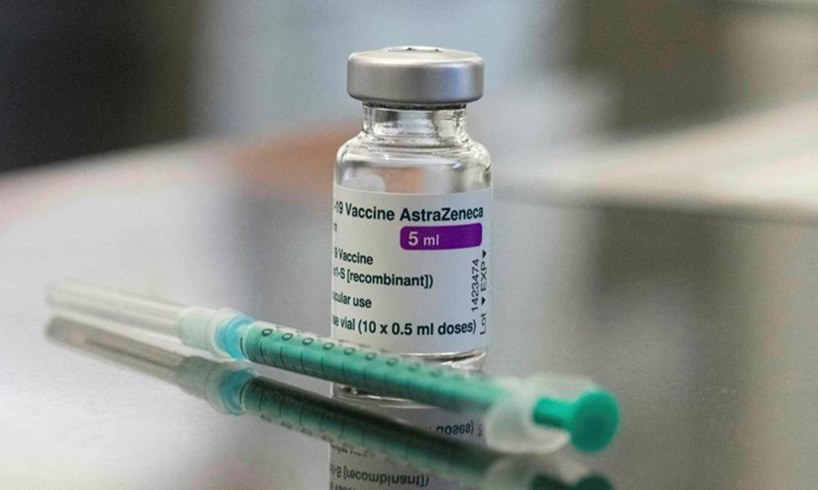
A report has revealed a 60-year-old Danish woman, who died with blood clots after receiving a COVID-19 vaccination, was suffering “highly unusual symptoms.”
According to a Danish Medicines Agency report, the patient began to experience a low number of blood platelets after being injected with the AstraZeneca vaccination for COVID-19.
The low number of platelets was reported to be in both small and large blood vessels and labeled by the medical agency as highly unusual symptoms.
In a statement issued by the Danish Medicines Agency on Sunday, the agency said it had responded to the news of unusual illnesses following shots of the AstraZeneca vaccine by suspending it.
There have also been similar cases of blood clots and related illnesses reported by the European Medicines Agency and Norway — where three cases of blood clots and related illnesses were reported in people under 50 after they received doses of the AstraZeneca vaccine.
Denmark is among the more than ten countries that have suspended the AstraZeneca vaccines following health warnings, despite the European Medicines Agency and the World Health Organization both saying last week that there is “no indication” that the cases of blood clotting are related to the vaccine.
Following the suspensions by many European countries, AstraZeneca conducted a review of safety data — across more than 17 million people in the UK and the European Union.
It reported on Sunday that the review showed no evidence of a higher risk of illnesses related to blood clots, including deep vein thrombosis.
It also stated that there was no higher risk of developing thrombocytopenia, a condition characterized by a low count of blood platelets.
The company said in a statement in an attempt to reassure the public: “Around 17 million people in the EU and UK have now received our vaccine, and the number of cases of blood clots reported in this group is lower than the hundreds of cases that would be expected among the general population. The nature of the pandemic has led to increased attention in individual cases, and we are going beyond the standard practices for safety monitoring of licensed medicines in reporting vaccine events, to ensure public safety.”
Despite the reassurances offered by the European medical agencies and the vaccine company, countries are still moving to suspend the AstraZeneca vaccine, with Lithuania becoming the latest country to do so on Tuesday.
Proponents of the vaccine have said that politics played a part in the suspensions.






